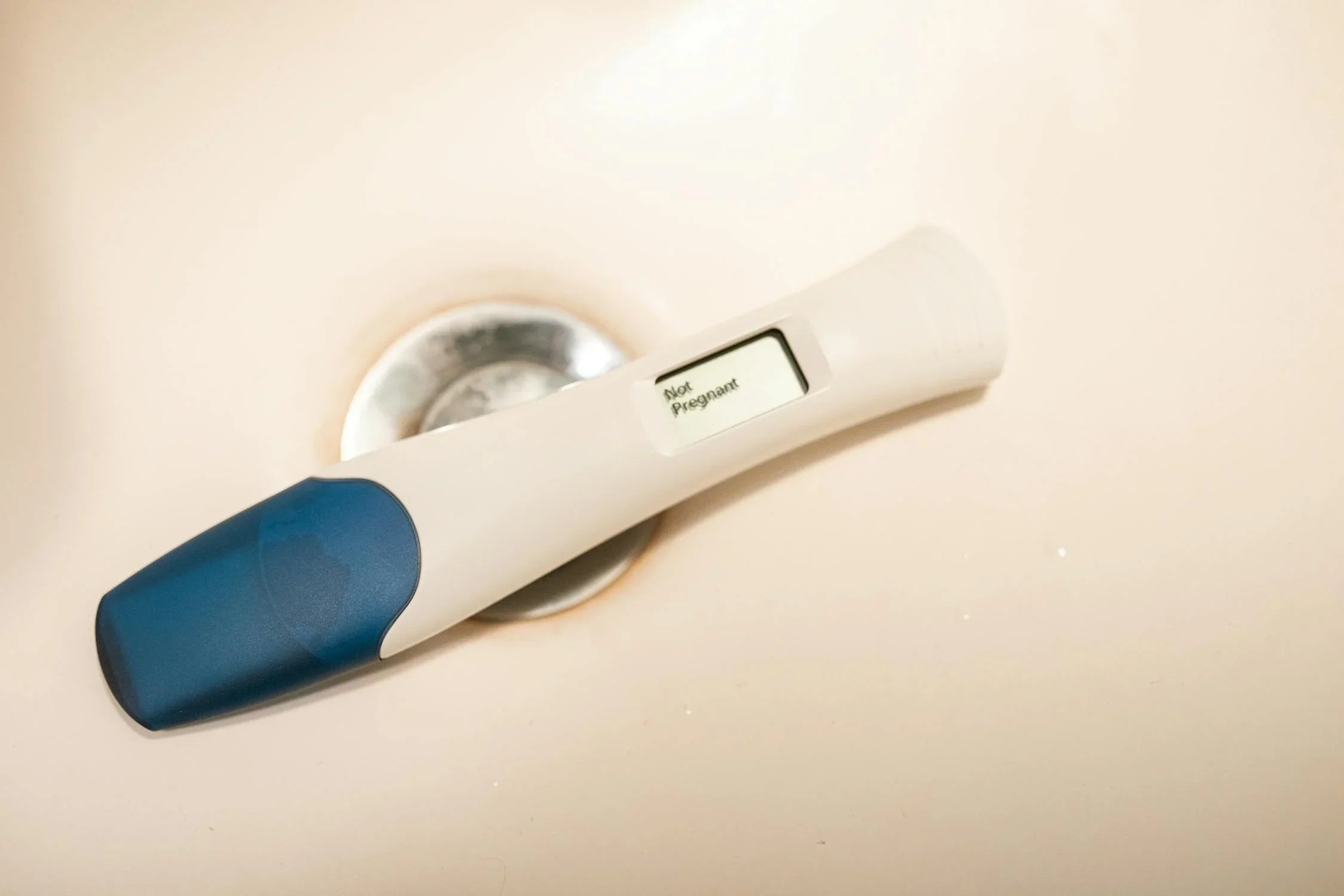Home
Pregnancy, Breastfeeding, and Pumping: The Ultimate Guide for Moms
When Do Pregnancy Test: Everything You Need to Know

When Do Pregnancy Test: Everything You Need to Know
Are you wondering when to take a pregnancy test? Whether you're eagerly hoping for a positive result or feeling anxious about an unplanned pregnancy, knowing the right time to test can make all the difference. This guide will walk you through everything you need to know about pregnancy tests, from how they work to the best time to take one.
Understanding Pregnancy Tests
Pregnancy tests are designed to detect the presence of human chorionic gonadotropin (hCG), a hormone produced by the placenta after a fertilized egg attaches to the uterine lining. There are two main types of pregnancy tests: urine tests and blood tests. Urine tests are the most common and can be done at home, while blood tests are typically performed in a healthcare setting.
How Do Pregnancy Tests Work?
Home pregnancy tests work by detecting hCG in your urine. When you take the test, a chemical reaction occurs if hCG is present, resulting in a positive result. Blood tests, on the other hand, measure the exact amount of hCG in your bloodstream, providing more detailed information about the pregnancy.
When Is the Best Time to Take a Pregnancy Test?
The timing of a pregnancy test is crucial for accurate results. Here are some key points to consider:
After a Missed Period
The most reliable time to take a pregnancy test is after you've missed your period. By this time, hCG levels are usually high enough to be detected by a home pregnancy test. Testing too early can result in a false negative, as hCG levels may not yet be sufficient.
Early Testing
Some pregnancy tests claim to detect hCG as early as six days before your missed period. However, the accuracy of these tests can vary, and there's a higher chance of receiving a false negative. If you test early and get a negative result, it's a good idea to retest after your missed period.
Time of Day
For the most accurate results, take the test first thing in the morning when your urine is most concentrated. This increases the likelihood of detecting hCG if you're pregnant.
Factors That Can Affect Test Results
Several factors can influence the accuracy of a pregnancy test, including:
Medications
Certain medications, such as fertility drugs containing hCG, can affect test results. If you're taking any medications, consult your healthcare provider before testing.
Medical Conditions
Some medical conditions, like ovarian cysts or certain types of cancer, can cause elevated hCG levels, leading to a false positive. If you suspect this might be the case, seek medical advice.
Test Expiration
Using an expired pregnancy test can lead to inaccurate results. Always check the expiration date before using a test.
What to Do After Taking a Pregnancy Test
Once you've taken a pregnancy test, it's important to know what steps to take next, regardless of the result.
Positive Result
If your test is positive, schedule an appointment with your healthcare provider to confirm the pregnancy and begin prenatal care. Early prenatal care is essential for a healthy pregnancy.
Negative Result
If your test is negative but you still suspect you might be pregnant, wait a few days and retest. If you continue to experience pregnancy symptoms or miss your period, consult your healthcare provider.
Emotional Considerations
Taking a pregnancy test can be an emotional experience, whether you're hoping for a positive or negative result. It's important to take care of your mental health during this time. Talk to a trusted friend, family member, or counselor if you're feeling overwhelmed.
Frequently Asked Questions
Can a pregnancy test be wrong?
Yes, pregnancy tests can sometimes give false positives or false negatives. Factors like testing too early, using an expired test, or certain medical conditions can affect the results.
How soon can I take a pregnancy test?
Some tests claim to detect pregnancy as early as six days before your missed period, but the most accurate results are obtained after you've missed your period.
What should I do if I get a positive result?
If you receive a positive result, schedule an appointment with your healthcare provider to confirm the pregnancy and discuss next steps.
Knowing when to take a pregnancy test can save you from unnecessary stress and uncertainty. By understanding how these tests work and the factors that can influence their accuracy, you can make informed decisions about your reproductive health. Whether you're trying to conceive or simply want to be prepared, this guide has everything you need to navigate the world of pregnancy testing with confidence.
Share

